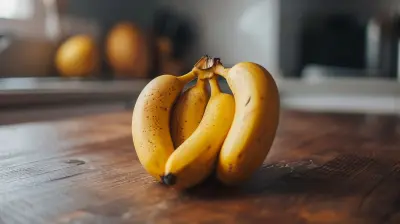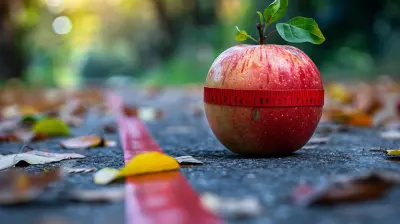Iodine: The Unsung Hero of Hormonal Balance
1 September 2025
Let’s be honest—when was the last time you thought about iodine? Probably not recently, right? We talk about vitamin D, iron, magnesium, and even zinc like they’re rock stars of the nutrient world. But iodine? It’s like that backstage crew member making sure the concert doesn’t fall apart, yet barely anyone acknowledges its importance. Well, it’s time to change that.
Iodine might be one of the most overlooked but critical elements for keeping your hormones in harmony. It's small in size but mighty in function, especially when it comes to your thyroid—the command center for your hormonal orchestra. Ready to spotlight this unsung hero? Let’s dive deep into why iodine matters more than you might think.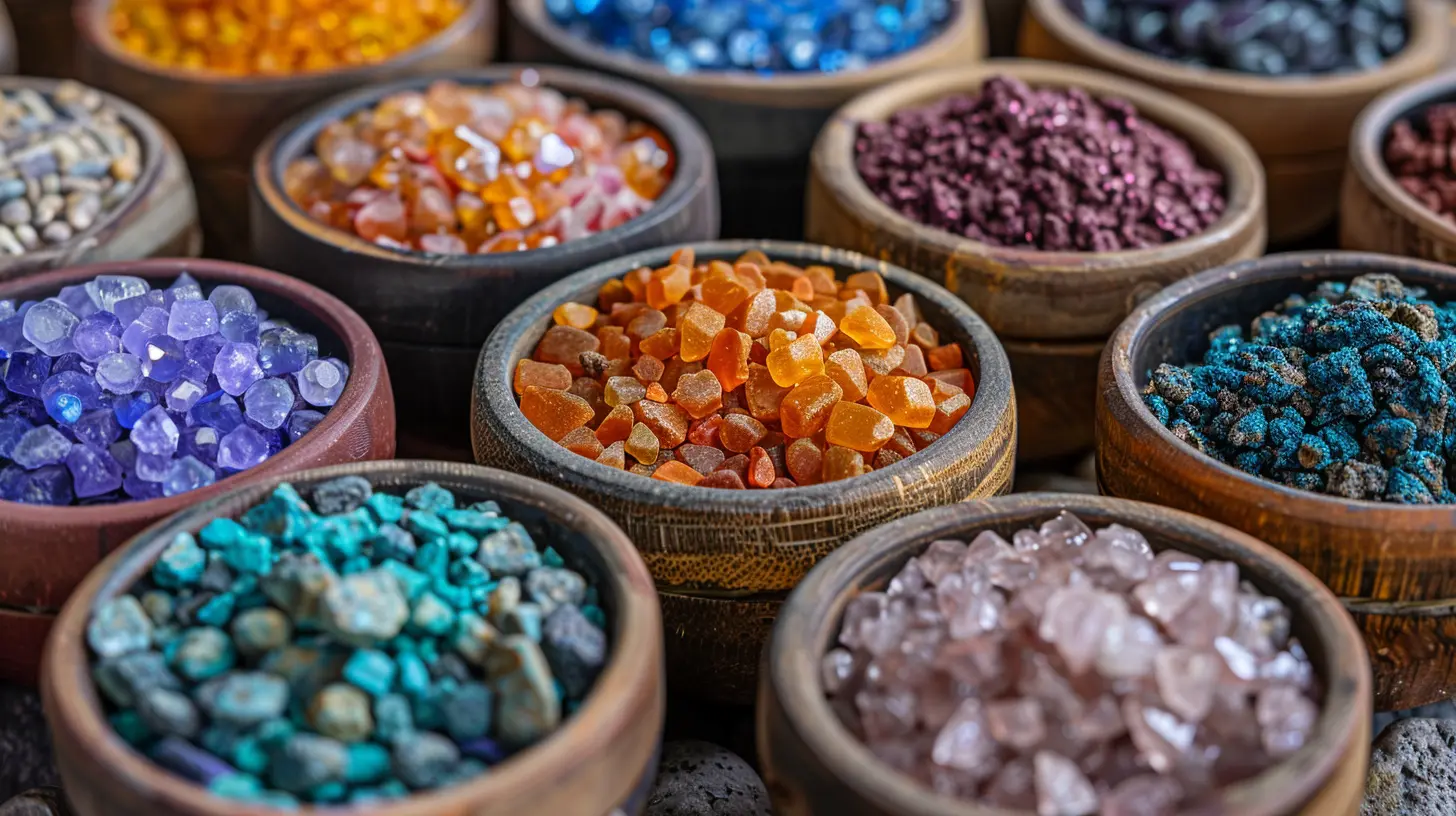
What Is Iodine Anyway?
Iodine is a trace element, meaning your body doesn’t need tons of it—but when you don’t have enough, things go haywire. It’s a non-metallic mineral naturally found in soil, seawater, and certain foods. But here’s the kicker: your body can’t produce it on its own. The only way to get it is through your diet.Think of iodine like a key—it opens the door for your thyroid to produce hormones. No iodine, no functioning thyroid hormones. And when those hormones go off balance? Buckle up, because a wild hormonal rollercoaster is about to begin.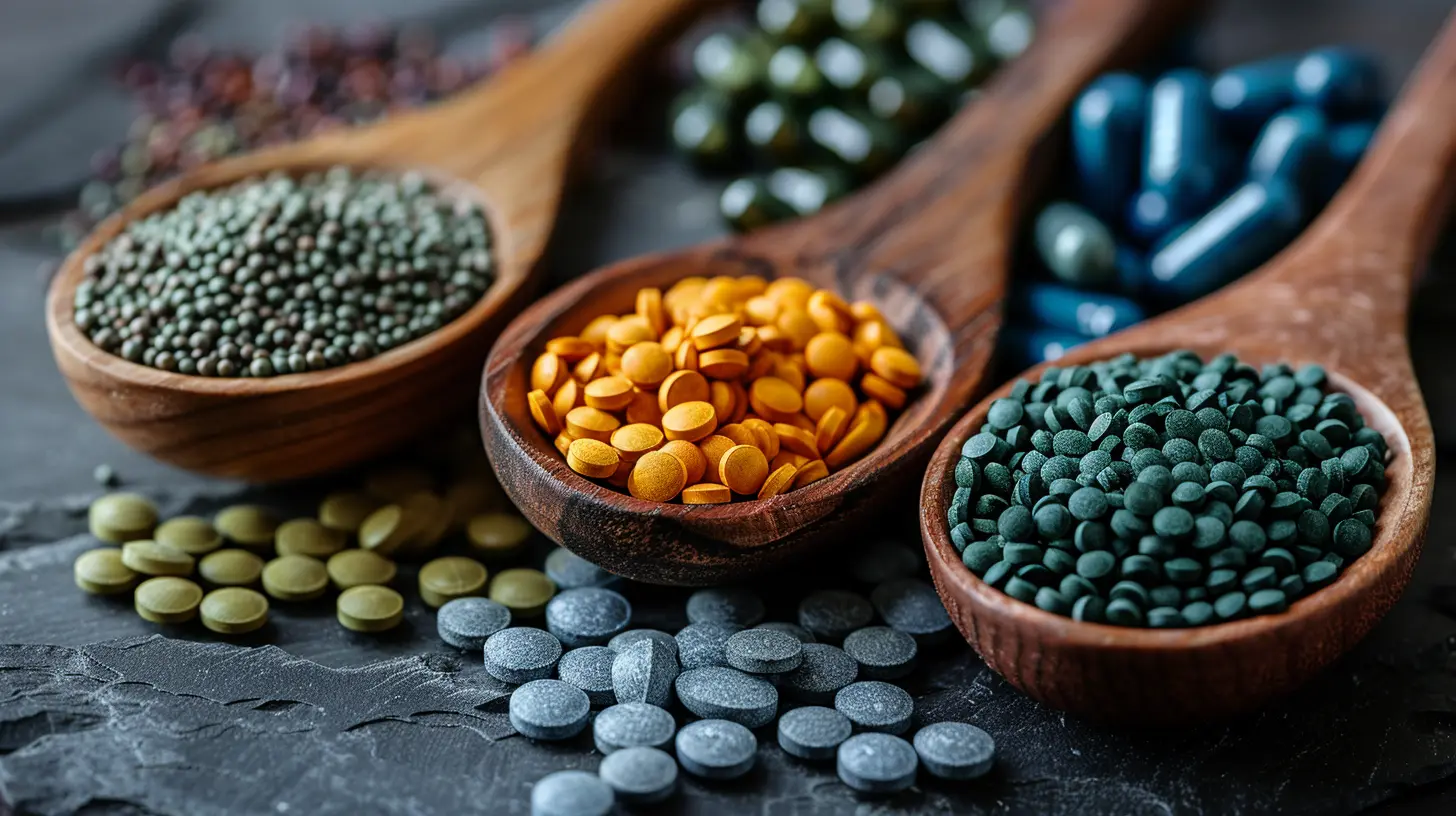
The Thyroid-Iodine Connection
Let’s zoom in on the thyroid for a second. This butterfly-shaped gland sits at the base of your neck, but don’t let its size fool you. It controls your metabolism, energy levels, body temperature, heart rate, and even brain function. And guess what fuels the thyroid? You guessed it—iodine.Your thyroid needs iodine to make two crucial hormones:
- Thyroxine (T4)
- Triiodothyronine (T3)
Without enough iodine, your thyroid can’t make these hormones effectively. That leads to a sluggish thyroid—what doctors call hypothyroidism. And that’s not something you want. We’re talking fatigue, weight gain, depression, dry skin, and a slowed-down brain.
Ever heard of a goiter? That’s your thyroid’s way of saying, “Hey! I need more iodine!”—by enlarging itself. Not a cute look, and definitely not healthy.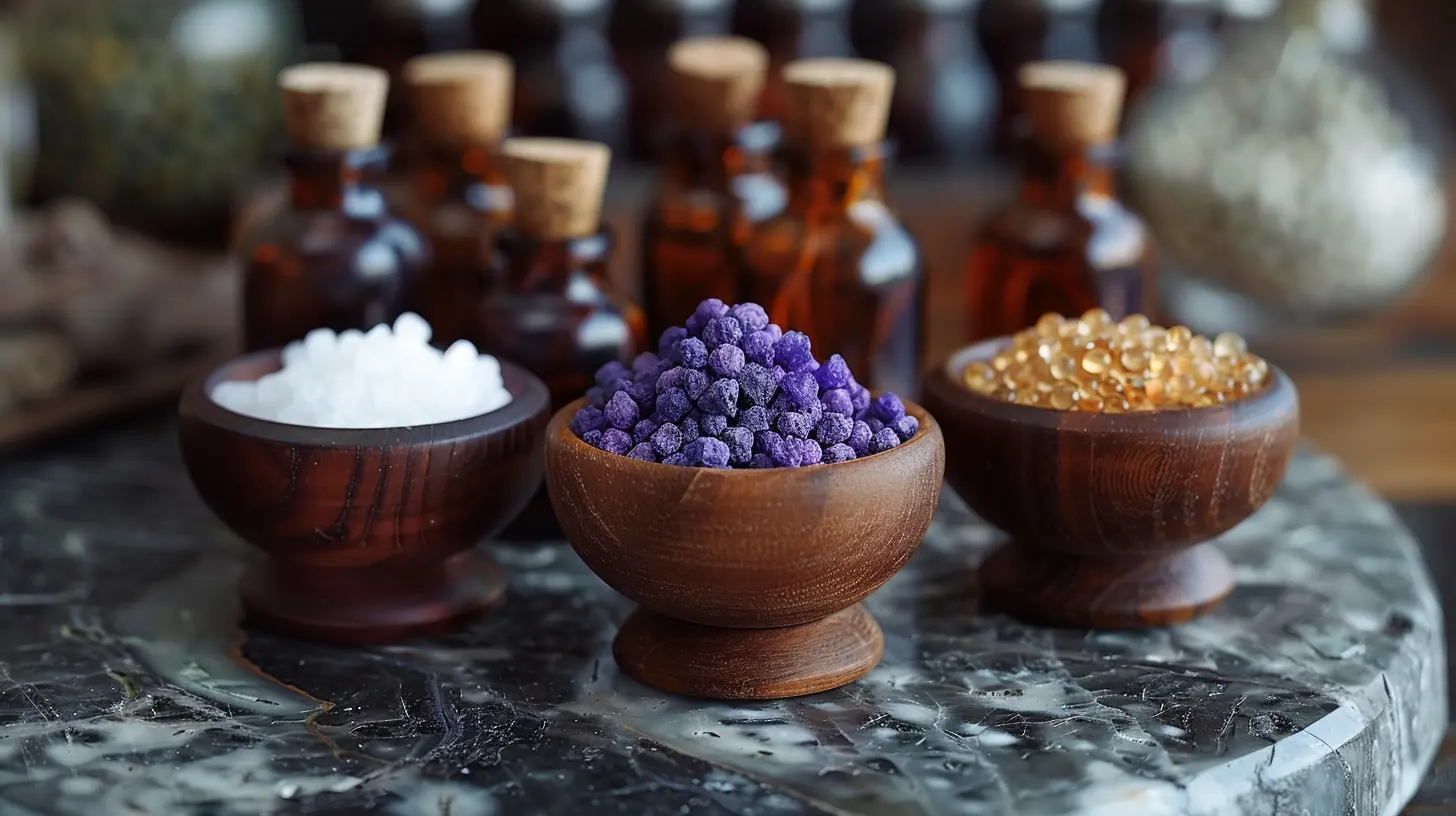
Why Hormonal Balance Needs Iodine
Hormonal balance isn’t a one-hormone show. It’s more like a group dance. If one partner is off beat, the whole thing looks like a mess. And iodine is the music that helps everyone stay on rhythm.Here’s how iodine plays a pivotal role in hormonal harmony:
1. Regulating Metabolism
We often underestimate how connected metabolism is to our hormonal health. The thyroid hormones, powered by iodine, regulate how our body uses energy. When there’s not enough iodine, your metabolic rate takes a nosedive—and that can throw off insulin, cortisol, and even reproductive hormones.2. Supporting Menstrual Health
Ladies, listen up. Without balanced thyroid hormones, your menstrual cycle might go out of whack. From irregular periods to fertility issues, low iodine levels can seriously mess with your reproductive hormones like estrogen and progesterone.3. Pregnancy and Fetal Development
Iodine is absolutely critical during pregnancy. A deficiency can lead to developmental delays and even intellectual disabilities in the baby. The thyroid of both mom and baby rely heavily on iodine to function properly. It’s like the prenatal VIP nutrient.4. Mood and Mental Health
Feeling down or anxious? It might not be "just stress." Low iodine levels can mess with your thyroid, and in turn, mess with your mood. Remember, your brain needs properly functioning thyroid hormones to stay sharp and stable.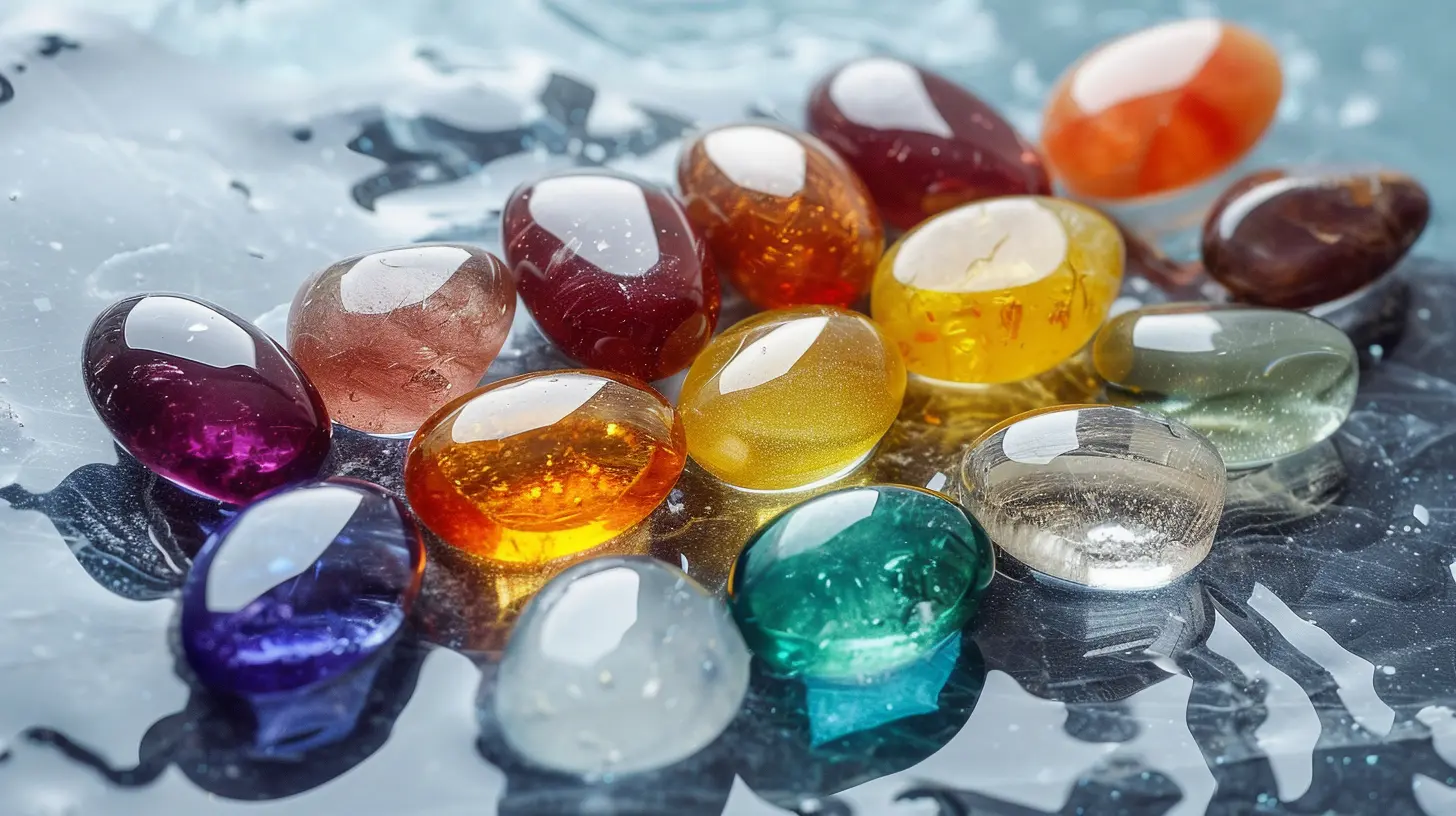
Signs You Might Be Low On Iodine
It’s sneaky—iodine deficiency can mimic a bunch of other health issues, so it often goes unnoticed. But your body is smart. It sends signals, and here are a few you shouldn’t ignore:- Constant fatigue, no matter how much you sleep
- Cold hands and feet
- Sudden weight gain with no change in diet
- Brittle hair and dry, flaky skin
- Brain fog or memory issues
- Depressed mood or anxiety
- Irregular menstrual cycle
- Swollen neck (that could be a sign of goiter!)
- Hair thinning or loss
If a few of these symptoms are sounding familiar, it might be time to check your iodine intake.
Top Sources of Iodine
Okay, so now you’re wondering—how do I actually get more iodine? Here's the good news: it’s found in quite a few everyday foods. You just need to know where to look.1. Seaweed (Kelp, Nori, Wakame)
This is the iodine powerhouse of the sea. Just one sheet of nori or a kelp supplement can deliver way more iodine than you need for the day. But don’t overdo it—too much iodine can also mess with your thyroid.2. Iodized Salt
That salt shaker on your kitchen table might be your iodine lifeline. Just make sure it’s iodized. A lot of trendy gourmet salts (like Himalayan pink salt) don’t have iodine added.3. Seafood and Fish
Shrimp, tuna, cod, and other sea creatures naturally soak up iodine from the ocean. They’re a tasty way to power up your thyroid.4. Dairy Products
Milk, cheese, and yogurt often have iodine—thanks to iodine added to cattle feed. Bonus: they’re also full of calcium for strong bones.5. Eggs
Especially the yolk. Eggs are like little nutrition bombs, and iodine is part of the package.6. Fruits and Vegetables (Depending on Soil Content)
Fruits and veggies grown in iodine-rich soil can help, but the levels vary a lot. That’s why depending solely on produce might not be enough.How Much Iodine Do You Really Need?
Not too much. Not too little. Just enough—that's the golden rule with iodine.Here’s a quick breakdown of recommended daily intake:
- Adults: 150 mcg/day
- Pregnant Women: 220 mcg/day
- Breastfeeding Women: 290 mcg/day
- Children: Varies by age (90–150 mcg/day)
Most people can hit these numbers through diet alone, but some may need supplements—especially pregnant women or those with specific dietary restrictions.
Can You Get Too Much Iodine?
Absolutely. More isn’t always better. Just like not enough iodine can mess up your thyroid, too much can do the same. It’s all about balance.Too much iodine can cause:
- Hyperthyroidism (overactive thyroid)
- Thyroid inflammation
- Autoimmune thyroid conditions like Hashimoto’s or Graves’ disease
So, don’t go eating seaweed like it’s popcorn. Moderation matters.
Iodine and Special Diets: Who's at Risk?
Let’s talk about the groups most likely to be iodine-deficient:1. Vegans and Vegetarians
Since most iodine-rich foods are animal-based or from the sea, plant-based eaters often fall short—unless they intentionally use iodized salt or seaweed.2. Pregnant and Breastfeeding Women
The demand for iodine skyrockets during this time. Supplements are often recommended, but always under a doctor’s guidance.3. People Avoiding Salt
If you’re on a low-sodium diet and cut out iodized salt, you may unintentionally cut out iodine too.4. Those Living in Low-Iodine Soil Regions
Certain regions (especially inland or mountainous areas) naturally have iodine-poor soil. That means local produce might not have much iodine either.Should You Supplement with Iodine?
Maybe. But don’t rush to the pharmacy just yet.If you suspect a deficiency, the best move is to get a thyroid panel and iodine levels checked first. Your doctor can guide you on whether you actually need iodine supplements or just a change in diet.
Over-supplementing can backfire, so be cautious.
Final Thoughts: Make Friends with Iodine
In the grand story of your health, iodine may not have the flash and fame of other nutrients, but it's absolutely essential. It’s the glue that helps your hormones stick to their routine. Whether you’re trying to boost energy, improve your mood, support fertility, or simply feel more like yourself—iodine is part of that journey.So, give this under-the-radar mineral a little more love. Pay attention to your iodine intake, especially if you're noticing hormonal imbalances. A few small tweaks to your diet could make a world of difference.
Because in the symphony of hormones, iodine is the quiet conductor ensuring everything stays in tune.
all images in this post were generated using AI tools
Category:
MineralsAuthor:

Arthur McKeever
Discussion
rate this article
1 comments
Destiny McInerney
Great read! Iodine really is the unsung hero we often overlook. By incorporating it into our diets, we can support our hormonal balance and overall health. Here’s to celebrating this little nutrient powerhouse! 🌟
September 7, 2025 at 3:01 AM

Arthur McKeever
Thank you! I’m glad you enjoyed the article. Iodine truly is essential for our health! 🌟

